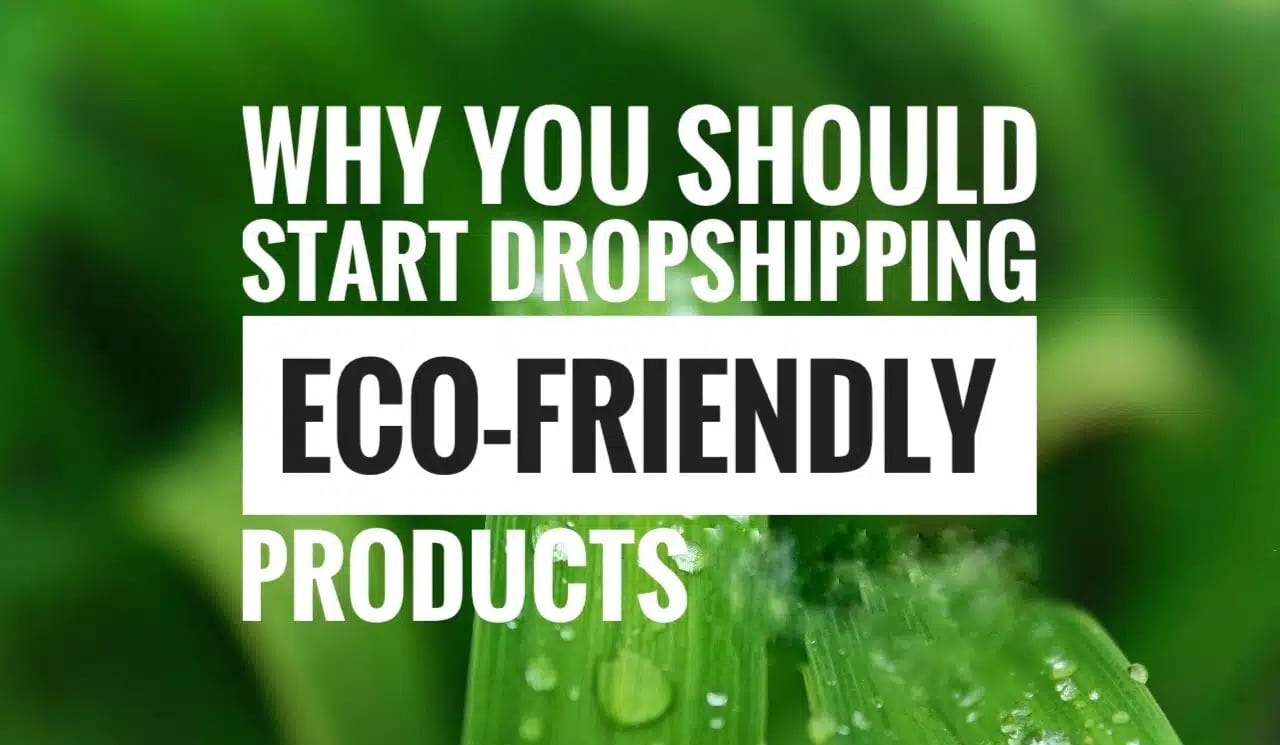The Ultimate Guide to Choosing a Dropshipping Supplier
Contents
 (1)-2b24d.jpg)
While you can start a dropshipping business overnight, you can’t just pick a supplier out of thin air.
Where and how you source your dropshipping products can make or break a new dropshipping business.
Even if you’ve identified a profitable niche and found trending products, you must choose a trustworthy supplier to become the backbone of your dropshipping operation.
Keep reading for the ultimate guide to finding and choosing a dropshipping supplier in 2021.


Types of Suppliers
When searching for a supplier, you’ll come across terms like “wholesalers,” “manufacturers,” and “dropshippers,” but do you know how they differ? Let’s take a closer look at each type of supplier you may use.
Manufacturers
Manufacturers make products from scratch and sell them directly to consumers, wholesalers, or resellers like you. Usually, they have high minimum order requirements—meaning you have to order items in bulk and find somewhere to house the inventory (or pay someone else to store it).
When working with manufacturers, there is a significant investment upfront. However, you’ll also source products at the lowest possible price—and make more of a profit with each sale.
Wholesalers
Wholesalers purchase products from manufacturers and resell them to retailers at a higher price. They’re large organizations with the buying power to purchase items in bulk for the lowest price possible—the more they buy, the less they pay for each item.
If you work with a wholesale supplier, you’ll pay for the products upfront and have them shipped to your location. Then, you’re responsible for shipping products to your customers.
Some wholesalers also include dropshipping as part of their reseller programs, so it never hurts to ask.
Dropshippers
Finding a dropshipper is likely why you’re here, and there’s a reason they’ve become such a popular supplier type. Dropshippers will send your customers’ products directly to them as opposed to your warehouse or fulfillment center.
With this business model, you don’t have to find somewhere to stock and ship your products. The dropshipping supplier will charge you a wholesale price for the product plus a small shipping fee (and, in some cases, a dropship fee). Then they will package and ship the order to your customer.
In this scenario, you are the middle man between your supplier and your customer. It’s your responsibility to communicate with both parties to ensure that the entire process goes smoothly.
Finding a Dropshipping Supplier
During your journey to find a dropshipping supplier, there are a few things to look out for to ensure you’re partnering with the right one.
You can start with a Google search for suppliers near you or companies that sell products similar to those you want to sell. Once you’ve found their websites, you should be able to find more information about their reseller program as well as how to contact them.
You can also utilize other sources to find suppliers, including dropship marketplaces, trending product tools, supplier directories, and going directly to the manufacturers.
Marketplaces
Dropshipping marketplaces grant you instant access to many suppliers at once. Typically, they will charge an annual subscription.
Usually, marketplaces have plugins that you can connect directly to your ecommerce platform to pull product information, photos, and other data into your listings.
Trending Product Tools
You can also utilize trending product tools to identify the products you want to sell, then partner with the supplier that offers them.
These tools have robust features such as advanced filters that allow you to extract the products of your choice. They’ll also help you identify trending products and popular niches for your dropshipping business. Then you can import the products you choose directly into your ecommerce platform.
Supplier Directories
If you want access to many suppliers at once, start your search with a dropship supplier directory.
The best directories include the top distributors from leading product niches that offer exclusive brands and high-demand products. Using a directory’s filtering capabilities, you can locate a supplier by location, product niche, minimum order quantities, and more.
You’ll typically find a sample catalog associated with each supplier that allows you to view complete product data at no cost. Some directories also include the contact information of each supplier, so you don’t waste any time trying to contact the supplier of your choice.
Ask the Manufacturer
If you want, you can go straight to the source: ask a product manufacturer if they’ll dropship for you.
If they’re not willing to work with you in this way, you can ask them to provide a list of wholesale distributors that they work with. Then you can contact those wholesalers to see if they’re accepting new reseller accounts.
Most wholesale distributors carry products from several manufacturers, so you’ll have more than one opportunity to work with the leading wholesalers in your market.
Choosing the Right Dropshipping Supplier
After you’ve done your research, you’ll likely have a list of suppliers you’re interested in working with. If you’re just starting out, it’s best to begin with one or two, but how do you make that decision?
Take the time to speak with each of your potential suppliers and make sure you know what’s involved when working with them from a B2B standpoint.
You’ll want to consider the following factors before entering into a partnership with a supplier.
Operating Area and Shipping Options
Shortening the time it takes for an order to arrive at your customer’s door is crucial, so it may be beneficial to work with a supplier that’s located in your country.
You’ll want to ask questions like:
- What are your shipping fees?
- Do you ship internationally?
- Do you have restrictions on which areas you ship to?
- Which shipping carriers do you use? Do I have to have my own carrier accounts?
- What is your processing time after an order has been placed?
Understand exactly what your shipping options are before deciding on one supplier over another.
Quality and Reliability
Your customers won’t know that a dropshipper is responsible for shipping their products. If the item arrives damaged or is of low quality, they’ll associate that bad experience with your brand.
Do your research to ensure that any supplier you work with is reputable and trustworthy and has customer testimonials to prove it.
Fees
You must know how each supplier bills their resellers and identify any hidden fees upfront.
Most suppliers will charge a “dropship fee” or “drop fee” to cover the cost of packaging and shipping items to your customers. This fee is pretty standard across the industry and shouldn’t turn you off unless it’s exorbitantly high (between $2-5 is common).
Returns and Refund Policies
If a customer has an issue with a product they receive from your supplier, you need to have a return process in place to ensure a satisfactory customer experience.
Ask pointed questions about returns and refunds such as:
- What is your return policy?
- How do I place a request for a return or refund?
Knowing the answers to these questions early on can prevent hiccups and save time in the future—and time is money in the dropshipping business.
Customer Support
The supplier you choose will play a massive role in your business, so you want to maintain a good relationship with them. Feel out their customer support services before finalizing your decision.
Do they respond to your questions promptly? If not, how can you ensure that they won’t drag your feet when there’s an issue with an order, and you need an answer for your customer?
If you get a bad vibe from a supplier’s support team, trust your gut and walk away from the partnership before becoming a reseller.
Only Partner With Suppliers You Can Trust
The success of your business hinges on the thriving relationship between you and your dropshipping suppliers.
If a customer has a bad experience with one of your products, they will blame you—not the supplier that fulfilled their order. The customer’s experience is your responsibility.
In the end, your reputation is at stake, so only partner with high-quality suppliers that you can trust.
For more dropshipping insights and tips, check out the rest of our blog.
Lisa is an eCommerce and digital marketing specialist with over 6 years of experience helping online businesses grow through data-driven strategy and hands-on execution.
She has worked across dropshipping and direct-to-consumer channels, focusing on product research and performance marketing. At Sell The Trend, she creates practical, research-backed content to help merchants make confident decisions.







